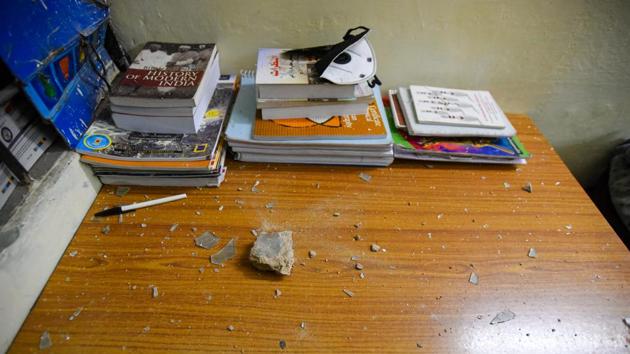HT Editorial| In defence of affordable education, for all
Economic deprivation should not hinder the ability of students to access education
The roots of the student unrest in Jawaharlal Nehru University lies in the administration’s decision to raise fees. This has thrown up a larger debate on whether higher education should be subsidised or not.

An analysis of the recently released (2017-18) National Statistical Organisation (NSO) data in this paper shows that despite years of economic progress, there remain an overwhelming number of poor people who cannot afford expensive education in India. Only 10.6% of the population, aged above 15 years, have successfully completed a graduate degree. This proportion is only 5.7% in rural India and is 8.3% among women. Another NSSO survey, the Periodic Labour Force Survey (2017-18), confirms the intuitive belief that social and economic disadvantages perpetuate educational inequalities. The proportion of the population with a graduate or a higher degree is much lower for the socially backward sections than others.
If India seeks to become a knowledge economy, enjoy the fruits of demographic dividend, and create aware citizens, it will need to make education accessible to more people, across classes, castes, regions, religions and gender. Many from marginalised groups cannot pay for expensive education, but have the right to be educated, and access opportunities. While university administrations have the right to review fees at periodic intervals, in consultation with students, it is important to preserve the principle of providing affordable education to all those who seek it.






